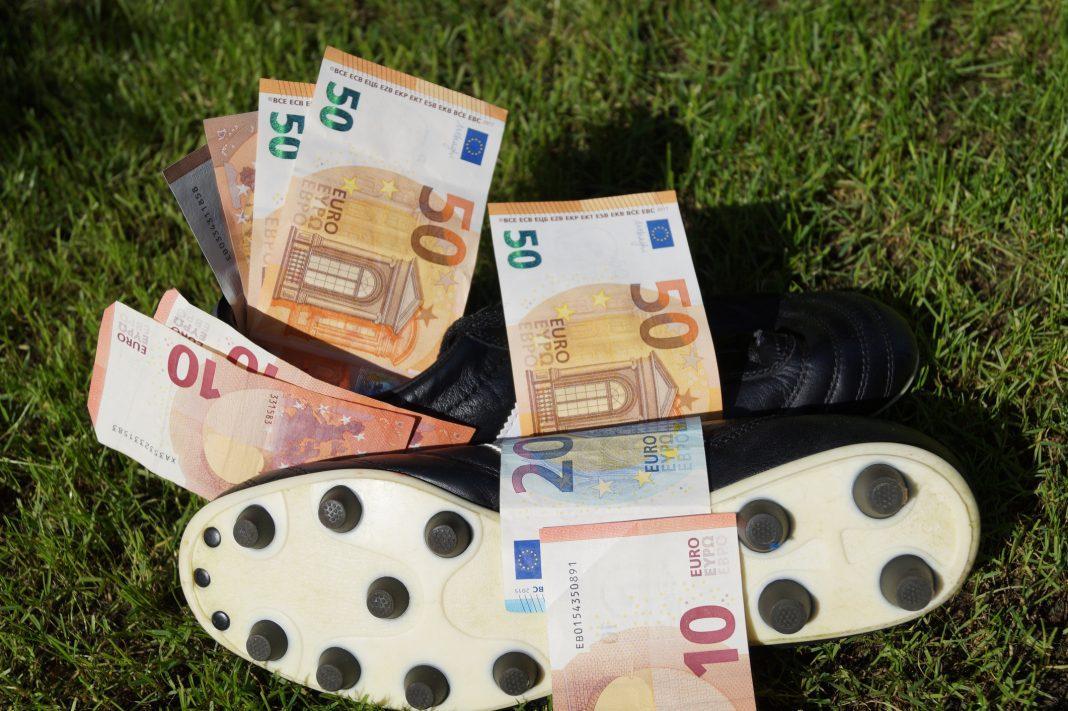Internet scammers are always looking for new “opportunities,” and global sporting events are a reliable source: The combination of international travel and commerce combined with an often irrationally enthusiastic fanbase provide a bounty of easy marks.
Whether or not you’re going to be in Russia (a trip that has its own set of scams to be wary of), the following are some hard truths and object lessons to keep in mind as the World Cup gets underway.
- You didn’t win a ticket to the World Cup: There’s an email going around, different versions possessing varying degrees of sophistication, claiming that you are special. Yep, so much so that you’ve been selected by one of the World Cup’s sponsors to be flown to Russia to see the games. Don’t open the email. If you do, don’t click on the attachments. And whatever you do, don’t fill out the form proclaiming you to be a ‘winner’ with your personal information. It’s a scam.
- You didn’t win the World Cup Lottery, either: FIFA may have deep pockets, as well as big sponsors like Visa, Adidas, Microsoft and Coca-Cola, but at the end of the day, no one randomly selects people online to be given large sums of money. This scam is widespread enough that even FIFA issued a warning saying it’s not real. There’s no lottery; it’s a for-profit enterprise.
- Those tickets are probably fake, too: FIFA is extremely protective of its brand and cracks down aggressively on ticket scalpers. Any tickets purchased from anything other than its designated and official sites should be a no-go.
- That goes double for streaming games: Each time you play a video on your computer, you’re opening it up to a host of malware, adware, browser hijackers, and even more sophisticated hacks. Your computer is a treasure trove of personal and financial information, and it can easily be compromised by a sketchy video player or an out-of-date plugin.
- Careful when buying those jerseys: A great many fake e-commerce sites pop up during the Olympics, the Superbowl, and the World Cup. If a deal seems to good to be true, it most likely is.
Regardless of whether or not you’re a committed megafan or a quadrennial drop-in, the World Cup presents an ideal environment for scams. With dozens of countries and billions of spectators, it presents easy prey for hackers, scammers, and identity thieves.










